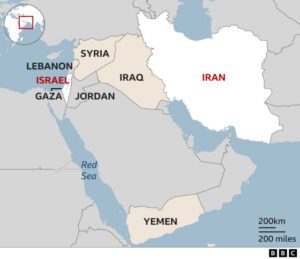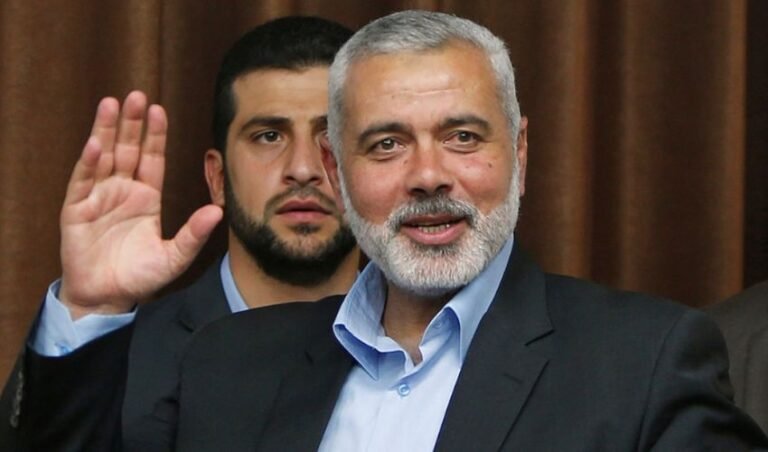The prologue to the attack
In an unprecedented ratcheting up of tensions, Iran engaged in what it termed a counter-attack against Israel Sunday evening. Iran’ attack was in response to an Israeli strike on its Damascus embassy that killed four of its senior generals. Once the immediate aftermath of the strike receded, attention turned back to the powder keg that is the Mideast, where the latest game of geopolitical poker threatens to run into open war. Iran unleashed about some 300 missiles and drones on Israel. However, the majority of these aerial incursions were intercepted before reaching their targets outside Israeli airspace. Iran facilitated this by providing advance notice to the US, communicating 48 hours prior to the attack.
The attack dealt minor infrastructure damage to an air force base in the Negev desert and injured a Bedouin girl in the Golan Heights. Thus, Iran measured the response, as it didn’t want to cause enough damage to provoke Israel into a war.
What are Israel’s options?
Expecting Israel to strike back, Biden has made clear to Netanyahu that the US won’t support an Israeli counterattack. Moreover, Iranian foreign minister in a press briefing had told that his country considered the matter concluded. In the same press conference he also confirmed informing the US and Israel’s Arab neighbors beforehand of the strikes. The UN’s secretary generals and Israel’s transatlantic allies have also called for showing restraint.
Considering the situation described above, it seems unlikely that Israel will further climb the escalation ladder without support from its allies. However, Israel’s Defence Minister Gnatz has vowed to ‘exact a price’ from Iran when the time is right. Even reports indicated that Israel’s war cabinet was sharply divided on retaliating against Iran for fear of a regional pushback.
Weighing in on the Israeli option, though, a direct Israeli attack on Iran is thus entirely out of the question, as Israel lacks both the permission from Arab states to use their airspace, approval from the US, and the fuel tankers needed to refuel the fighter jets that may carry out a strike against Iranian targets in Iran itself. Thus, the most likely form of retaliation that Israel may resort to will be airstrikes on Iranian soft targets in Iraq, Syria, or Lebanon. This will prevent further escalation and allow Israel to save face as well.



















+ There are no comments
Add yours